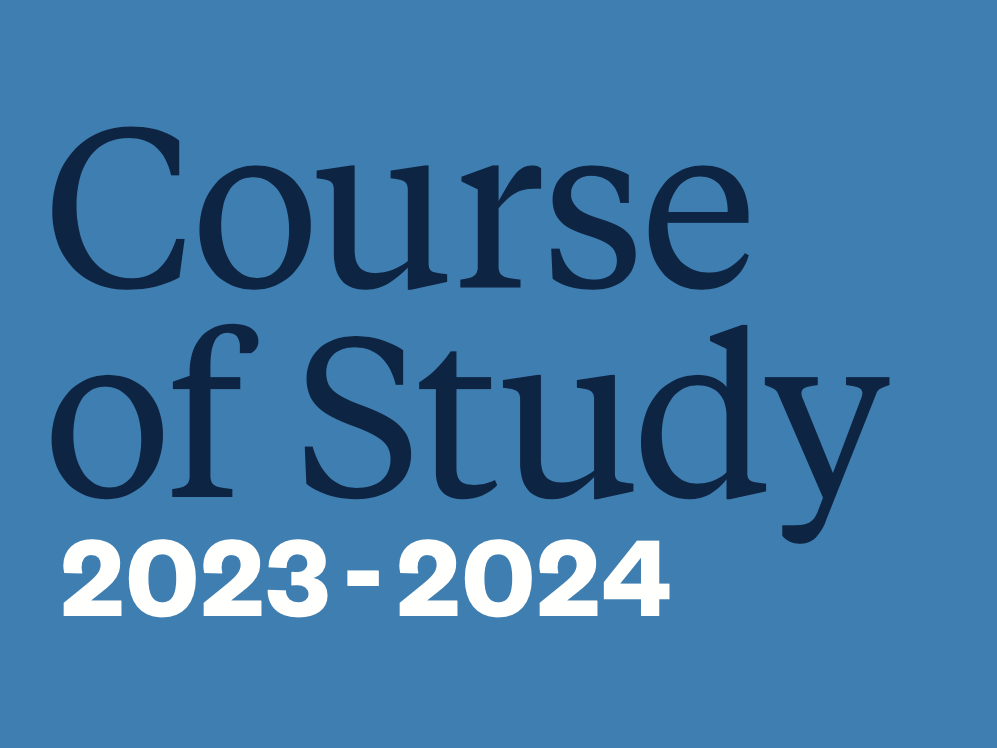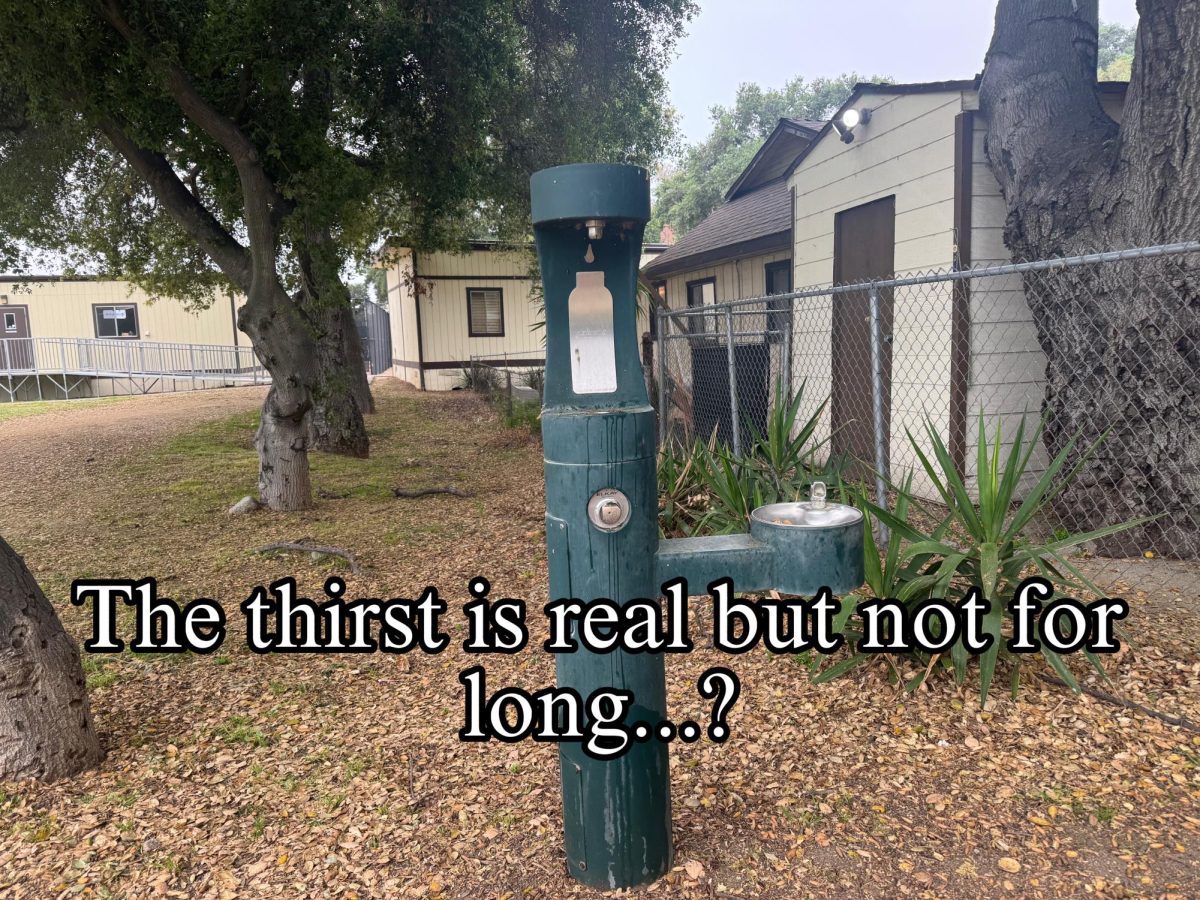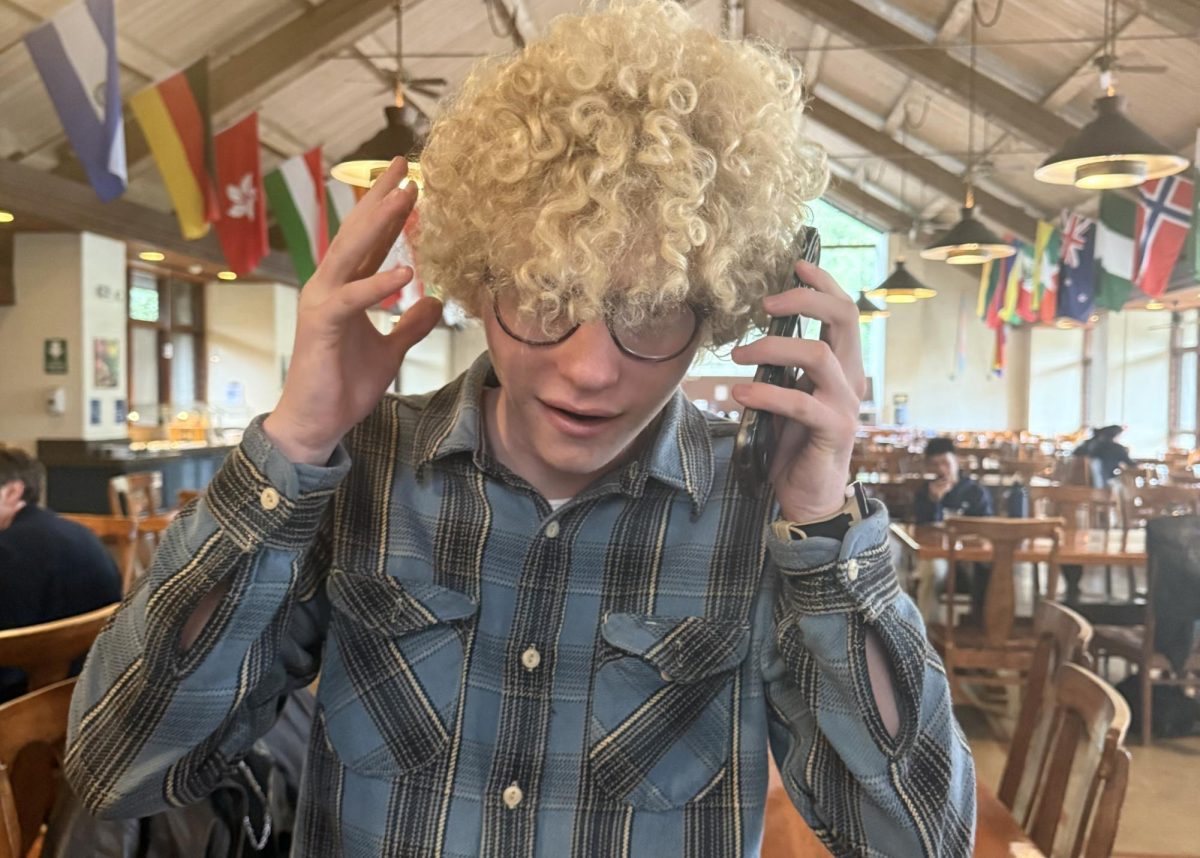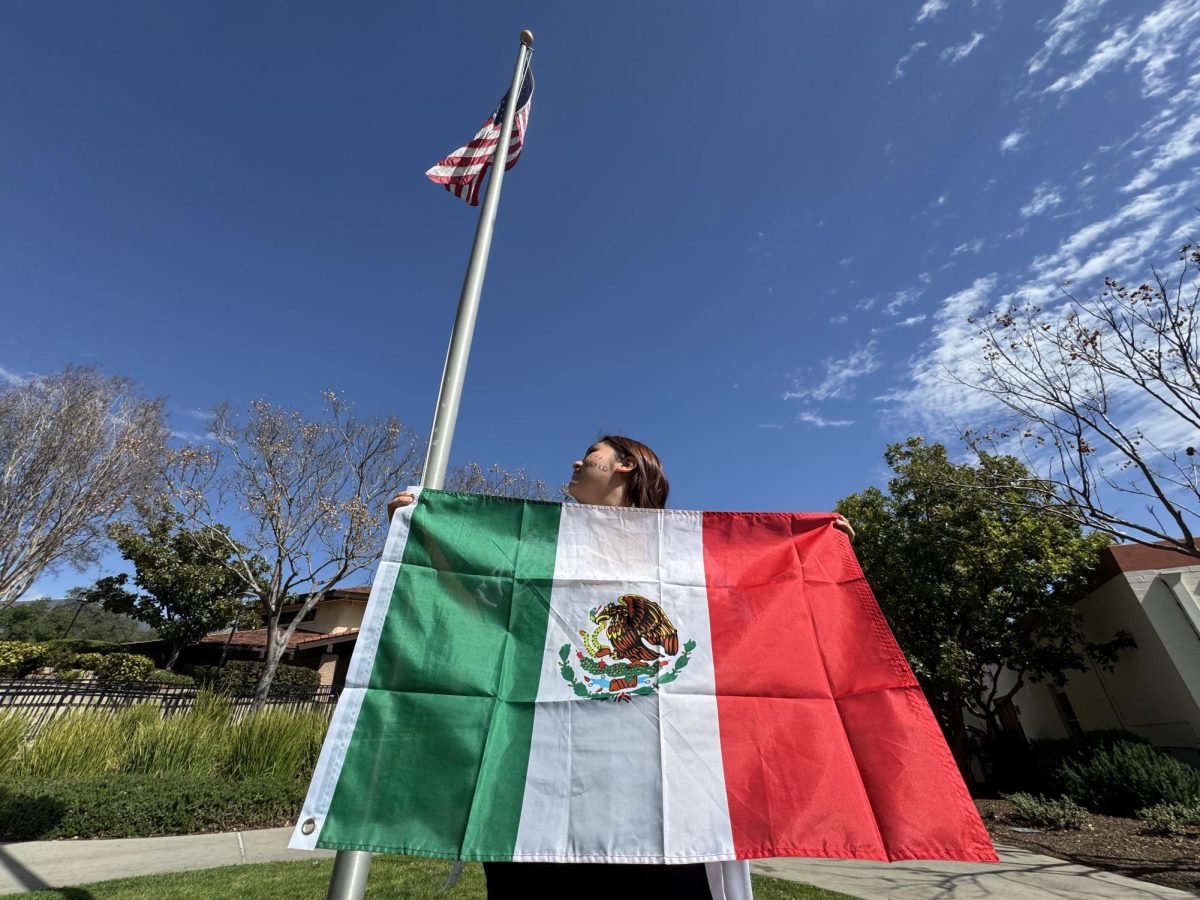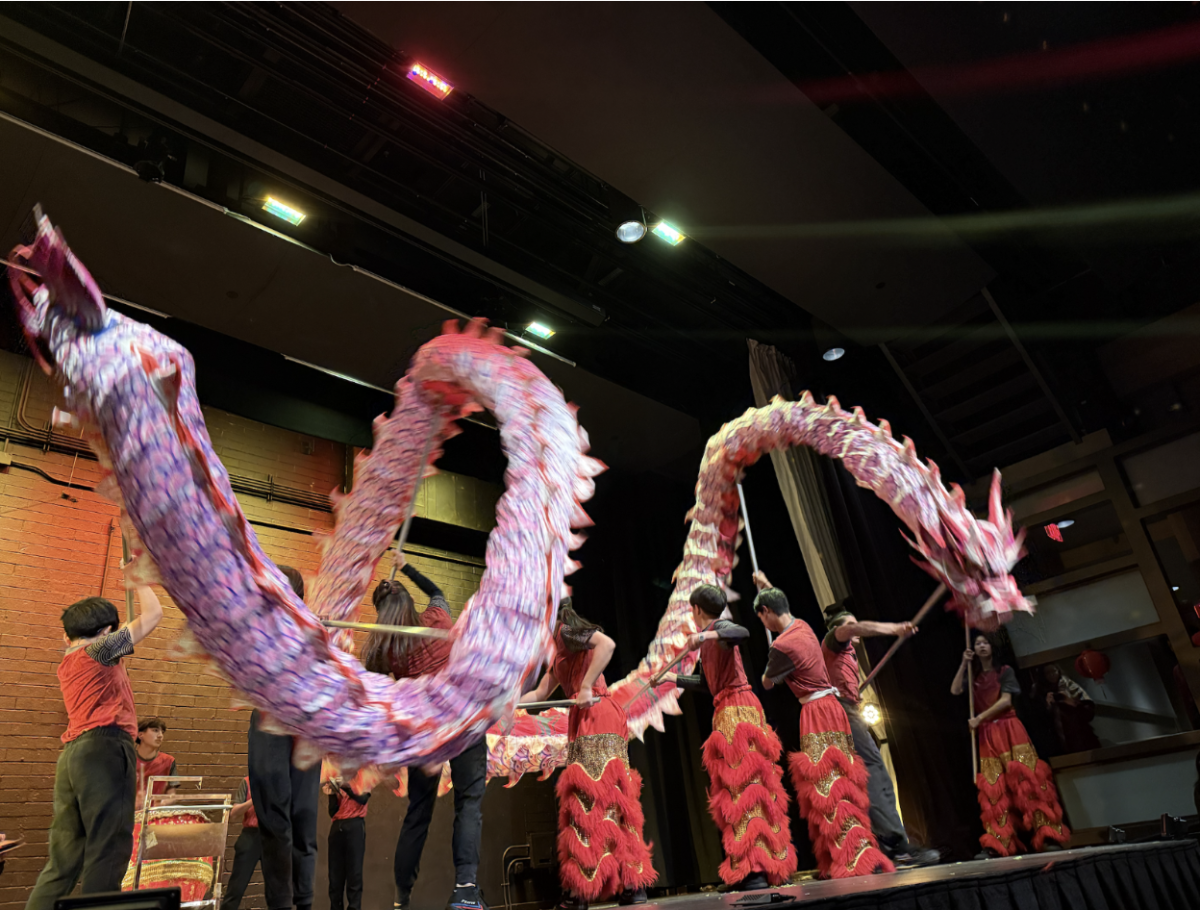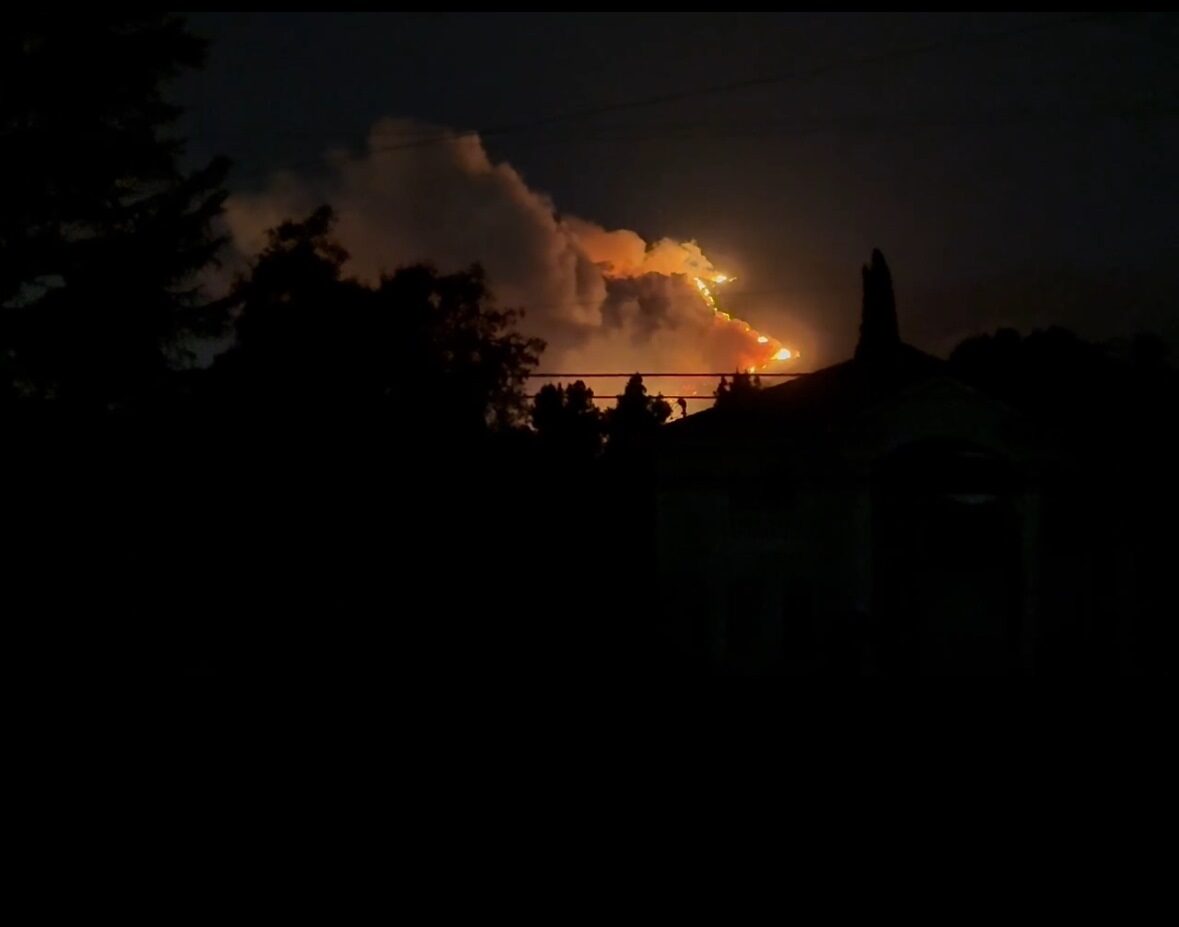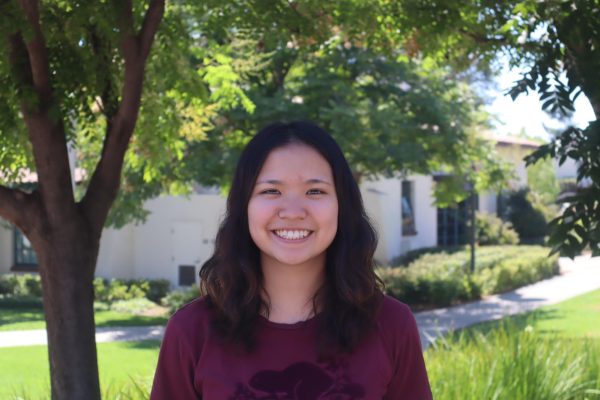Although course selections are over, there are still potential opportunities to switch classes in the upcoming school year. If you’re looking for something fresh or want to read about Webb’s new courses being offered next year, here are the 6 new courses!
Honors Media and Social Change
If a picture is worth a thousand words, then how many words form a movie? Honors Media and Social Change will guide your way to critically analyzing film and TV studies through a lens on social justice. In today’s world, we’re constantly absorbing media that’s designed to be consumed quickly and uncritically. To contrast that, this class will educate and prepare students through learning terminology surrounding the entertainment industry, engaging with media’s impact on history, using different forms of media to create social change.
“I used to work in the TV industry in NBC,” said Meagan MacPhee. “It is a particular area of passion for me, and I noticed that Webb doesn’t classes focused on critical media literacy and film/television studies. With my background, I thought it’d be interesting to bring that to the Webb community.”
If you are passionate about any type of filmed media and social justice, this class is highly recommended for you. Not only is Honors Media and Social Change highly relevant to students because our world is so heavily influenced by the media, it’s also a course that can teach you how to utilize media to advocate for their own social change.
“I want students to feel empowered by strengthening their media literacy, like they can watch any episode of TV, movie, or post and be able to look at it from a critical perspective,” said Ms. MacPhee.
Honors American Diaspora in the City of Angels
Although Los Angeles is only 30 miles away from Webb, many Webb students don’t have a holistic understanding of the fascinating cultural and historical backgrounds that LA brings. Honors American Diaspora in the City of Angels hopes to change that.
The course centers around studying new cultures created by immigrants and people coming from different countries–including the creation of enclaves in LA such as little Tokyo, Chinatown, Olvera Street, and more. The goal is for students to develop a better understanding of not only LA as a location, but how and why this culturally diverse place was created and the effect it has on different cultures. Further things possible to study are analyzing street art and other forms of expression.
“I’m really excited to explore LA street art- it’s a big part of LA history and culturally a lot of art is really significant for these enclaves and neighborhood,” said Gretel Barsotti, Assistant Director of DEI and designer of this course. “Taking these things like graffiti and street art [commonly] seen as crime are cultural identifiers and have big misconceptions.
Since LA is so close to Webb, the possibilities and opportunities that this course could offer in terms of field trips are endless–truly taking advantage of Webb’s location.
“I would recommend students who have a natural curiosity about the cultural aspect of los angles,” said Ms. Barsotti, “It’s so close and I don’t think we study it enough in a cultural perspective. If you’re interested in this fascinating city filled with so many cultures, this would be for you.”
Honors History and Writings of Mysticism
Honors History and Writings of Mysticism is more than just a class about religion — it is made for the students who love exploring the world from different perspectives and are willing to study philosophy and religion with an open mind. Students will learn what the development of different religions tells us about the desire to connect with nature, through a psychological way.
“My goal is for students each day to come in here saying ‘I’ve never seen something like that before,’ said Mr. Hebert, humanities department faculty. “My tagline for the class is ‘rethink your assumptions’”
This class is different than other humanities classes already offered because unlike Literature and Psychology or Foundations of Civilization, Honors Mysticism studies both philosophy and religion together and learning about the impact it creates.
“I recommend it [Honors History and Writings of Mysticism] for students that are thinking about different ways to see the world, as we will look at a lot of non-western understandings of metaphysics and how it’s constructed. The nature of how we see time, and how we know what’s true,” Mr. Hebert said “A lot of what we’ll be doing is looking at spiritual practices and multiple traditions like meditation.”
Filmmaking Studio
For all aspiring future Oscar winners- filmmaking studio is just the course for you. Filmmaking studio is an introductory class to hands on filmmaking and visual communication, ensuring students learn all the basics needed to make near industry standard films. In this class, different styles of videography and film will be experimented with, such as: short format, commercials, and long formats.
“This is a hands-on course, not a course where we will be mainly doing analysis.” Said Mr. Flucker, humanities and fine arts department faculty, “Analysis is great, but at the same time being able to put yourself in the role of visual communicator gives you way more of an understanding of the medium itself.”
In this class, creativity is the key. Being able to freely explore and develop your own style of film and stay organized throughout the process is important and will ensure your success in this class. If you love camera work and visual communication, this class can help build a solid foundation for a portfolio.
However, it is important to note that filmmaking studio is a one-off class and does not have any consecutive classes available after one year.
“Hopefully in the future we do plan to be able to have a more advanced version of this course where students get to explore more about cinematography. Till then, it’s a singular class,” Mr. Flucker said.
Advanced Studies in Multivariable Calculus
Did you think Calculus AB or BC was difficult? Well, I’m here to present you: Advanced Studies in Multivariable Calculus. This class launches calculus from a two-dimensional world to a three-dimensional system. Regular calculus is one variable– it is the study of curves, and finding the derivative that allows us to figure out the rate of change. Instead of curves, multivariable calculus is the study of 3D planes. This is complicated because in a 3D space, there are infinite ways to get to a point.
This class is recommended for students who want to major and pursue physics, mathematics, or engineering to further their understanding of math in a 3D setting. For life sciences such as psychology or biology, students are suggested to take AP statistics, a more useful and tangible class for students.
“For those who really loved calculus in one dimension and love to figure out what things look like in three dimensions, that’s where I would recommend taking this class,” said Dr. Ngyuen, math department faculty.
However, don’t be too intimidated. All students who have completed the prerequisites AP Calculus AB and BC have the ability to be successful in this new class.
Principles of Financial Mathematics
The common phrase is often tossed around “High school never prepared me on how to do taxes or live in the real world” Well, I’m glad to announce that that isn’t the case anymore.
Principles of Financial Mathematics is an open-ended class educating students on mathematics applied in the real world through our daily life in a financial setting. The class starts from learning personal finances such as simple, necessary tasks like how to buy a car or do taxes and finishes with finances in a larger setting, such as how banking works in America, how to invest large amounts of money and product lines.
This class is perfect for students who want to go into business, and it makes a good, tangible alternative to other Webb math classes. What’s important is that you can leave this class at the end of the year feeling prepared not only to tackle real life mathematics and financial situations, but to gain an understanding of how finance works in the real world.
“I was interested in making a math class that was very relevant. I think it’s one of those elements about math that gets forgotten a lot,” said Syrah Russell, math department faculty, “A lot of how the world works is based on finance and how the baking systems work. It’s fascinating and we don’t have a class on this yet.”
The prerequisite for this class is precalculus, and it is encouraged for students to double in math when taking this course.


